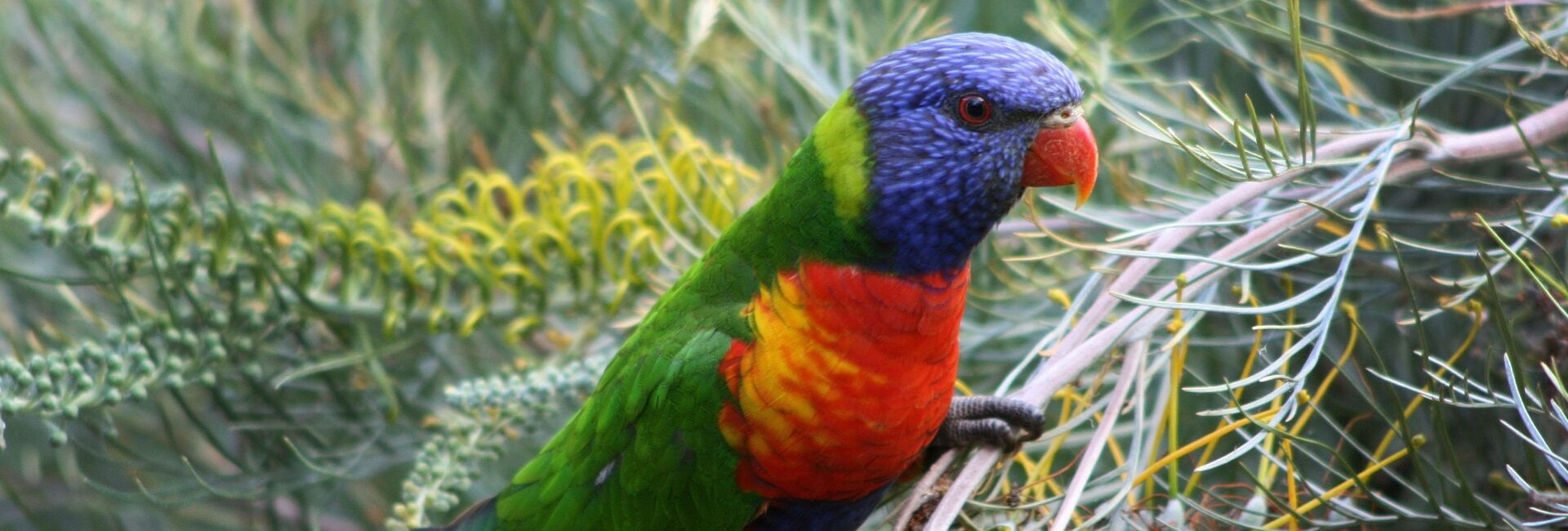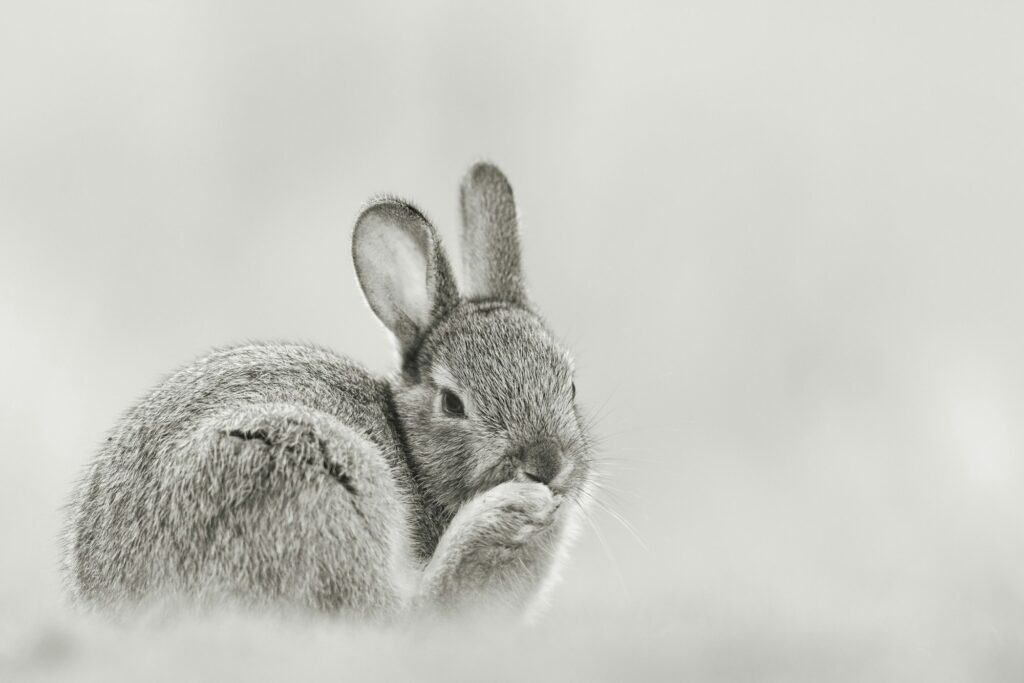Benefits of Being a Long-Term Caretaker at Berry Springs Farmstay

As a long-term caretaker at Berry Springs Farmstay, you have the chance to make a significant impact on the farm and the lives of the animals. Here are just a few of the benefits you’ll experience:
- Potential Income Opportunities: If you’re interested, you may have the opportunity to generate income by growing and selling organic produce. These activities not only help the farm thrive but also provide you with a chance to earn extra income while learning more about sustainable farming practices.
Deep Connection with Animals: You’ll have the opportunity to become involved in the daily care of our animals, including feeding, grooming, and providing companionship, which leads to a deeper bond with them.
Skill Development: In addition to caring for animals, long-term caretakers may engage in farm tasks like cleaning, maintenance, gardening, and landscaping, allowing you to learn valuable skills in farm management and animal care.
Satisfaction of Contribution: Your extended commitment allows us to provide more consistent care to the animals, ensuring they are happy and healthy. Your work directly supports the farm and makes a lasting difference in the well-being of the animals.
A Peaceful, Rewarding Lifestyle: Living on the farm means being immersed in the beauty of the Northern Territory, where each day offers a chance to connect with nature, enjoy fresh air, and experience a peaceful lifestyle.
Sense of Community: As a long-term caretaker, you’ll become part of the Berry Springs Farmstay family. Your presence contributes to a positive, supportive environment, and you’ll have the chance to meet like-minded individuals who share your passion for farm life.
Support from Short-Term Helpers: In addition to your role, you’ll be supported by short-term caretakers—carefully selected backpackers who undergo reference checks. These helpers will assist you with daily chores, ensuring that the farm runs smoothly while allowing you to share your knowledge and work together as a team.
Thank you for choosing to be a long-term caretaker. If you have any questions or need support during your stay, please don’t hesitate to contact us. Your time and effort are truly appreciated!
Long Term Caretakers play a critical role in overseeing various aspects when it comes to property care. By fulfilling these responsibilities diligently and effectively, caretakers contribute to the well-being of the animals.
Here are some key responsibilities of long term caretakers:

- Maintain the cleanliness, functionality, and safety, including buildings, enclosures, communal areas, and outdoor spaces.
- Conduct regular inspections to identify any maintenance or repair needs and address them promptly.
- Ensure that all equipment, tools, and infrastructure are properly maintained and in good working condition.
- Provide daily care and attention to the animals under your care, including feeding, watering, cleaning enclosures, and monitoring their health and well-being.
- Administer medications or treatments as prescribed by veterinarians and maintain accurate records of veterinary care and treatments.
- Monitor animal behavior and social interactions within groups to ensure their welfare and safety.
- Welcome and introduce guests to the facilities and guidelines.
- Assign tasks and duties based on their skills, availability, and the needs.
- Provide guidance, training, and support to guests to ensure they understand their responsibilities and carry them out effectively.
- Foster a positive and inclusive environment, encouraging communication, and mutual respect.
- Serve as the primary point of contact for guests, visitors, and tradies, addressing inquiries, concerns, and feedback in a timely and professional manner.
- Maintain regular communication with the property owner, providing updates on operational activities, animal care needs, and any issues or challenges encountered.
- Prepare and submit reports as required, documenting key metrics, observations, and incidents related to property management, animal care.
- Be prepared to respond to emergencies or unforeseen events, including animal escapes, medical emergencies, or natural disasters.
- Implement emergency protocols and evacuation procedures to ensure the safety of animals, guests and visitors.
- Coordinate with local authorities, veterinary services, or other relevant organizations as needed during emergencies.
